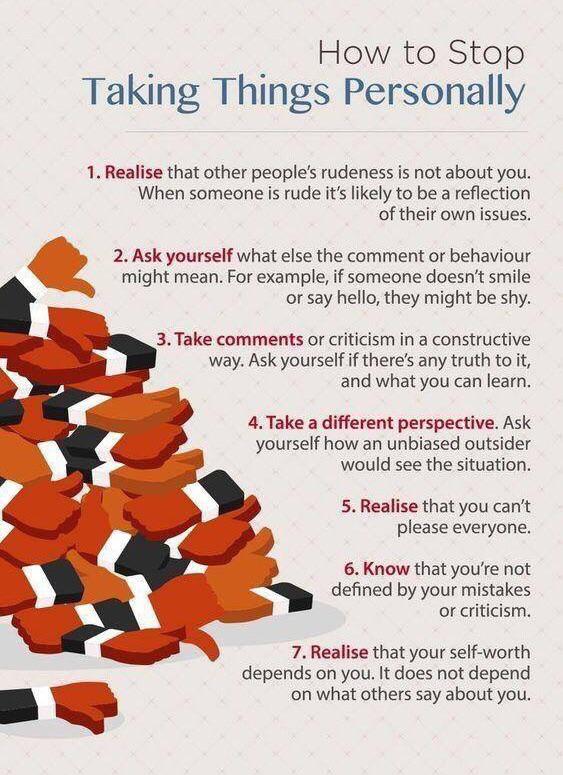Best 10 Ways to Improve Time Management Skills in 2025

Smart Strategies for Effective Time Management in 2025: Finding More Time in Your Daily Routine
In our fast-paced world, mastering time management has become essential for achieving both personal and professional goals. As we progress into 2025, the ability to optimize your daily routine plays a pivotal role in finding more hours in each day. Understanding how to find time management techniques can empower you to improve productivity, maintain work-life balance, and reduce stress.
This comprehensive guide explores various time management strategies that can significantly enhance your routine, offering tips on prioritization, efficient delegation, and goal-setting. By implementing these methods, you can take charge of your time, overcome procrastination, and create a productive schedule that aligns with your life’s goals. Key takeaways will include discovering time-saving techniques, understanding the importance of effective delegation, and utilizing tools to streamline your routine.
Here's what you can expect in the following sections:
- Essential time management principles and techniques.
- Practical strategies for scheduling and prioritizing tasks.
- Methods for overcoming distractions and improving focus.
- Tools and resources to enhance your time management skills.
- Common mistakes to avoid while managing your time.
- Tips for balancing work with personal life effectively.

Essential Time Management Principles for 2025
Building a strong foundation begins with understanding essential time management principles. Optimizing your time requires a strategic approach to how you allocate daily tasks and responsibilities.
Understanding Time Management
Time management involves organizing your tasks in a manner that maximizes productivity and allows for a better work-life balance. Effective time management skills help you identify priorities and allocate your resources efficiently. Key components include understanding your time patterns and evaluating how you spend your hours each day.
Benefits of Time Management
Implementing effective time management techniques can lead to numerous benefits. From reduced stress levels to improved productivity, mastering your time enables you to achieve your goals while maintaining a healthy work-life balance. Effective time management also allows for better decision-making and increased opportunities for personal growth.
Common Time Management Mistakes
Many individuals struggle with time management due to common pitfalls such as multitasking, failing to set priorities, or not allocating time effectively. Recognizing and addressing these mistakes can significantly enhance your time management capabilities. Practical underlying techniques like the time blocking technique can help individuals stay focused on single tasks.
Effective Time Management Skills for the Modern Professional
For busy professionals, developing essential time management skills is crucial. These include the ability to delegate effectively, set achievable deadlines, and learn to say “no” to non-essential tasks. By honing these skills, you can manage your personal time better and achieve a satisfying work-life balance.
Practical Time Management Strategies for Daily Optimization
With essential principles established, let's delve into practical strategies that will help you make the most of each day, ensuring effective planning and execution of tasks.
Planning Your Day Efficiently
Start each day with a clear plan. Effective planning involves setting your priorities and scheduling tasks accordingly. Utilize tools like time tracking apps to monitor how much time you spend on each activity. This not only provides insights into your daily routines but also helps in identifying areas for improvement in time allocation.
Utilizing Tools for Enhanced Time Management
Incorporating technology can significantly improve your time management practices. Tools like calendars, to-do lists, and time management apps can help streamline your daily routines. Effective calendar use ensures that you have a visual representation of your commitments, allowing you to allocate your time wisely.
Strategies to Overcome Procrastination
Procrastination is a common barrier to effective time management. To combat this, identify your triggers and implement strategies such as breaking tasks into smaller, manageable steps or assigning deadlines to enhance accountability and focus.
Effective Delegation and Team Collaboration
In a group setting, utilizing effective delegation can improve overall productivity. Ensure team members understand their tasks and trust them to complete their assignments, allowing you to focus on higher-priority responsibilities. Regular check-ins and constructive feedback can further enhance team performance while managing personal time effectively.

Balancing Work and Personal Life
As we explore time management strategies, it is critical to understand the significance of balancing work and personal life. This balance ensures well-being and sustained productivity, making it essential for long-term success.
Setting Time Goals for Success
Setting clear and specific time goals is crucial for maintaining balance. Use the SMART criteria—Specific, Measurable, Achievable, Relevant, Time-bound—to develop your objectives. Setting milestones also enables you to track your progress and adjust your strategies accordingly.
Learning to Say No
Effective time management requires the ability to say no to non-essential tasks that derail your focus from priorities. Regularly evaluate your commitments and be willing to decline requests that do not align with your goals or values.
Creating a Productive Schedule
A well-designed schedule is instrumental in finding time. Consider employing techniques such as time blocking, where you allocate specific blocks for tasks, ensuring effective focus and minimizing distractions. Regularly reassess your schedule to identify areas for improvement.
Continuous Improvement and Reflection
Developing a time management plan involves continuous assessment and improvement. Regular reflection on your time usage can reveal patterns that may limit your productivity and overall efficiency. By understanding these patterns, you can make informed adjustments for better outcomes.
Evaluating Your Time Use
Regularly analyzing how you use your time allows you to identify successful strategies and areas needing improvement. Utilize time tracking tools for this purpose, consolidating your findings to refine your scheduling techniques.
Mitigating Time Wastage
Understand the value of time and identify potential time wasters that may hinder your productivity. Strategies for reducing time wastage include setting clear objectives, utilizing self-management strategies, and managing distractions effectively.
Achieving a Balanced Approach
Striving for balance is an ongoing process. Regularly revisit your time management techniques and be open to adapting as necessary. Consider time management workshops or professional development resources to stay updated on effective practices.
Q&A Section: Your Time Management Questions Answered
What are some simple time management strategies for beginners?
Simple strategies include setting clear priorities, creating to-do lists, and scheduling time to review your day. It's also beneficial to establish a consistent routine and use tools like calendars to visually manage your commitments.
How can I overcome procrastination effectively?
Identify the reasons behind your procrastination and break your tasks into smaller steps. Set achievable goals, implement deadlines, and reward yourself for completing tasks to create a positive reinforcement cycle.
What tools can assist with time tracking?
There are several time tracking apps available, including Toggl, Harvest, and Clockify. These tools provide insights into your daily routines, helping you understand where your time goes and how to allocate it better.
How should I prioritize my daily tasks?
Utilize prioritization techniques such as the Eisenhower Matrix, which categorizes tasks based on urgency and importance. This method ensures that you focus first on tasks that are critical to your goals.
What are the long-term benefits of effective time management?
Effective time management leads to improved productivity, reduced stress, enhanced focus, and work-life balance. Over time, these benefits contribute to personal satisfaction and better overall performance in both professional and personal arenas.